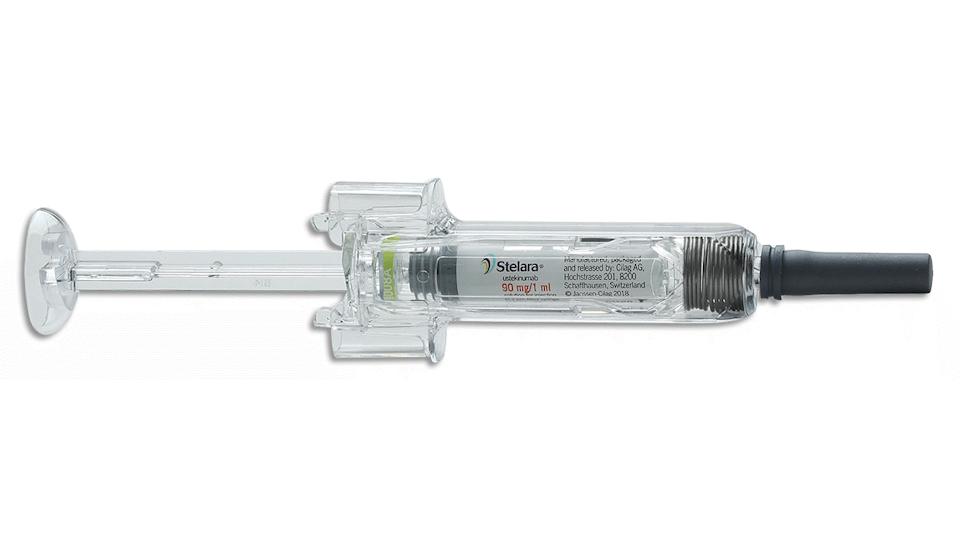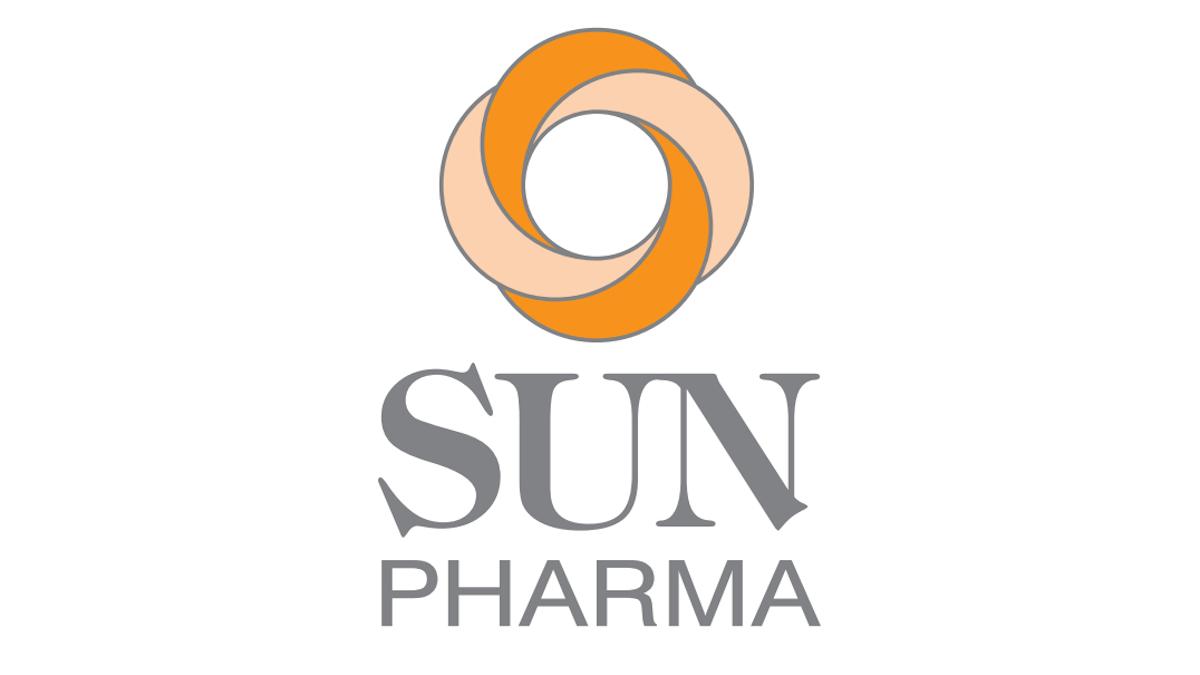Lawsuit claims J&J illegally delayed Stelara biosimilars

A lawsuit in the US is accusing Johnson & Johnson of unlawfully delaying the onset of biosimilar competition to its immunology blockbuster Stelara beyond its US patent expiry date.
The complaint filed by CareFirst BlueCross BlueShield, one of the largest not-for-profit health plans in the US, alleges that J&J acquired a method-of-use patent “by fraud” to extend patent protection for Stelara (ustekinumab) beyond the expiry date of 25th September 2023.
That patent, covering use of the Il-12 and IL-23 inhibitor in ulcerative colitis, was then "used [...] against companies that were seeking to launch biosimilar versions of Stelara into the US market,” claims the suit, which has been filed in the US District Court for the Eastern District of Virginia and is seeking a jury trial.
According to court documents, other allegations include that J&J and its Janssen Biotech unit misrepresented facts to the patent examiner, and acquired a biosimilar drugmaker – Momenta Pharma – in 2020 to block the entry of competitors.
The Momenta deal gave it rights to a manufacturing patent and other intellectual property that allowed it to delay competition from Amgen, Samsung Bioepis, Alvotech/Teva, and Celltrion, says the complaint.
The lawsuit has emerged after the first Stelara biosimilar – Amgen’s Wezlana – was approved on 31st October as an interchangeable option for all of Stelara’s approved indications, but will be able to reach the US market “no later than” 1st January 2025 after a settlement with J&J.
Stelara was first launched in 2009 as a treatment for psoriasis and has since picked up additional indications in psoriatic arthritis, Crohn’s disease, and ulcerative colitis, building its annual sales to almost $10 billion in 2022 – about 10% of J&J’s total revenues. Around two-thirds ($6.4 billion) of that total comes from the US market.
If the lawsuit is successful, it could allow lower-priced biosimilars of Stelara to launch during 2024, potentially saving around a billion dollars in overpayments for US health systems, says the complaint.
Stelara is one of the drugs selected by the Centers for Medicare and Medicaid Services (CMS) for inclusion in its list of drugs that are subject to Medicare pricing negotiations, the controversial measure introduced by the Biden administration as part of the Inflation Reduction Act (IRA). The list covers drugs that have a high budget impact in the US.
“J&J has been, and continues to delay biosimilar competition through a series of unlawful acts,” claims CareFirst BlueCross BlueShield.
“To avoid losing exclusivity over Stelara and to maintain its supra-competitive prices, J&J implemented a scheme to unlawfully prolong patent protection for Stelara,” it continues.
The lawsuit is seeking a permanent injunction on J&J’s “unlawful monopolisation” of the ustekinumab market, the forced divestment of the Momenta manufacturing patents, plus damages and costs.













